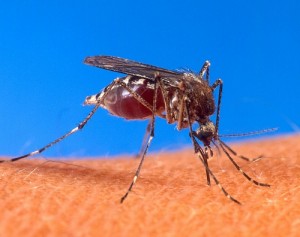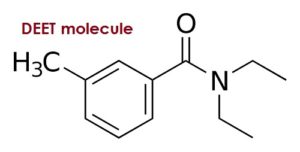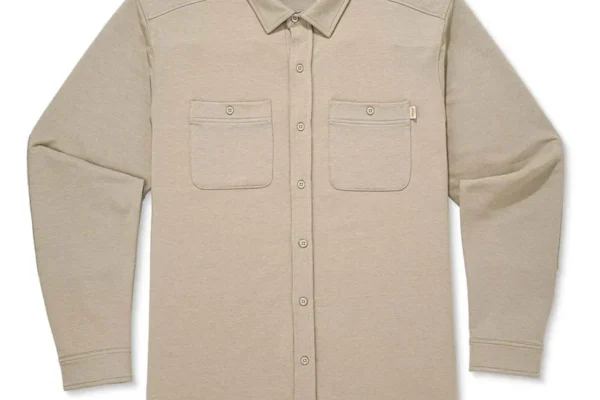Mosquito Season is Here!
The return of warmer temperatures combined with abundant rainfall signifies the return of mosquito season. This enduring pest is both irritating and sometimes dangerous for your health. Worldwide, mosquitoes are very dangerous to human health, with millions of malaria victims serving as a testament every year. Here in the United States we are not immune to malaria but the transmission of various forms of encephalitis (including West Nile Virus) is of much more concern leading to our yearly skirmish with these pests.
Know Your Enemy
Mosquitoes are fascinating creatures. Most female mosquitoes require a blood meal in order to produce and lay eggs, but their primary food is plant nectar. Some mosquito eggs can remain dormant for years waiting for moisture and warmth. Different mosquitoes prefer different sources of blood, and some don’t take a blood meal at all. Generally speaking, they like the same outdoor conditions that we do: moderate summer temperatures and shady spots out of direct sunlight. Highly specialized and mechanically persistent, they are one of our worthier foes.
Some mosquito eggs can remain dormant for years waiting for moisture and warmth. Different mosquitoes prefer different sources of blood, and some don’t take a blood meal at all. Generally speaking, they like the same outdoor conditions that we do: moderate summer temperatures and shady spots out of direct sunlight. Highly specialized and mechanically persistent, they are one of our worthier foes.
Laying the Groundwork
There are several ways to combat mosquitoes and generally you should try to use a combination of methods to achieve satisfactory results. Mosquitoes lay eggs in either ponds or areas that are likely to flood. So the first step towards reducing the mosquito population is to eliminate any unnecessary standing water: turn over any outdoor containers that collect water, change your outdoor pet’s water bowl every day, and improve drainage on your property to eliminate “swampy” areas after a rainstorm. Any standing water that cannot be removed can be treated with mosquito “dunks,” a product that kills the mosquito larvae in water without harming fish, pets or humans.
Taking the Battle to Them
The second stage of mosquito control is reducing the number of adult mosquitoes through the use of various pesticide products. One of the most effective methods is through the broadcasting of Permethrin or a similar pesticide as a liquid or fog throughout the area to be controlled. In a more advanced and expensive setup, a machine can be installed that applies the pesticides in an automated fashion. This can be quite effective, although caution should be taken when applying a pesticide in this generalized way. Beneficial insects will be killed or driven away along with the mosquitoes.
The Best Offense…
The last line of defense is repellents designed to confuse the mosquito’s ability to find and bite you. This includes the familiar liquids and lotions to be applied to the skin that usually contain DEET or picaridin.

DEET is a chemical developed by the United States Army following World War II that repels mosquitoes, who find its somewhat offensive odor unappealing. Unfortunately, people also tend to dislike the smell of DEET and as a result picaridin-based products have become increasingly popular in recent years.
Summertime is a gift that we should all try to enjoy. Although completely eliminating the irritation of mosquitoes is an unlikely fantasy, we can all enjoy the outdoors much more with a careful strategy to limit their impact.





